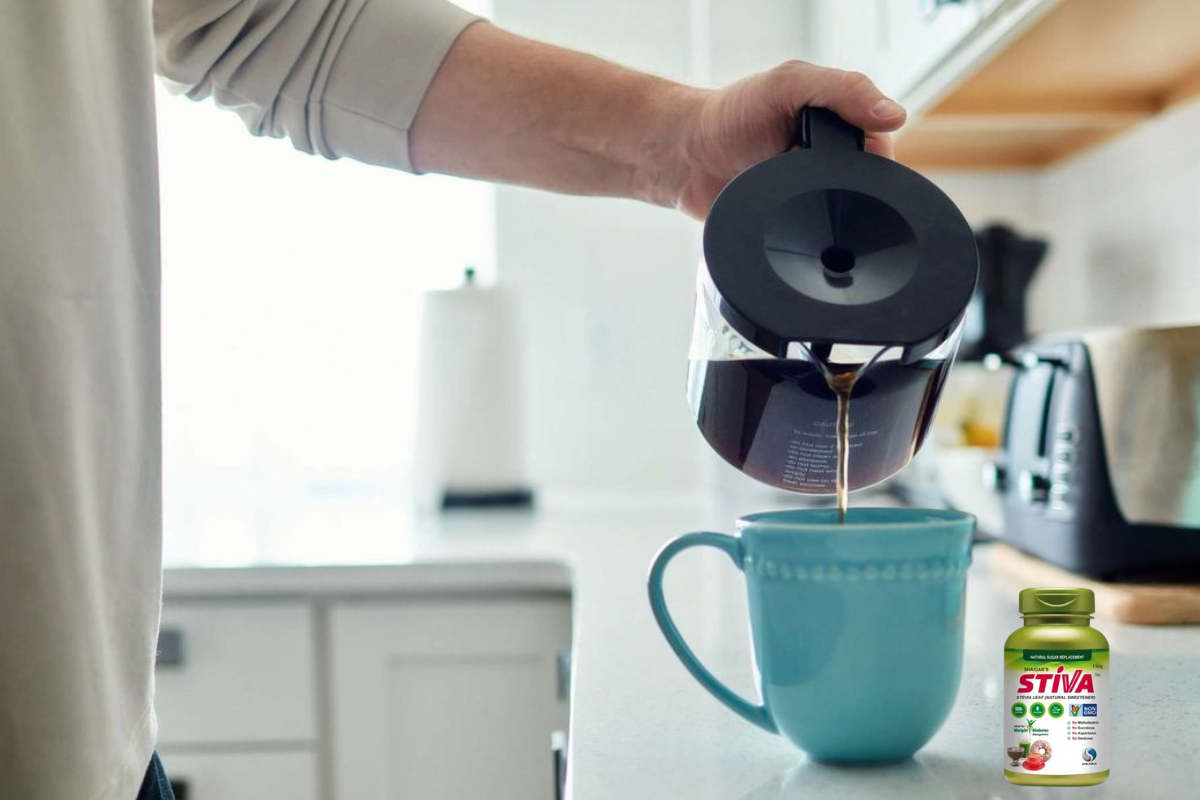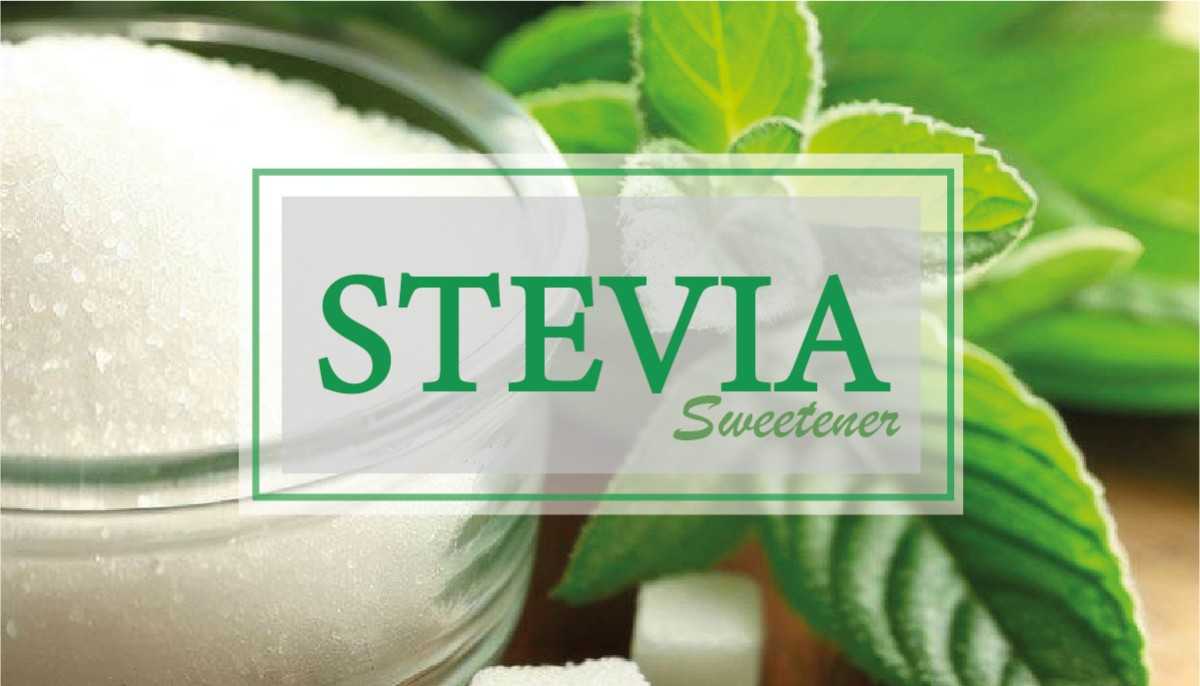Is Sugar Alcohol Halal and Safe for Health? Find Out Now
Ever spotted “sugar alcohol” on sugar-free sweeteners? And suddenly, the word sounds suspicious to you, right? After that, you immediately think. Is this Halal? OR Safe for health? This confusion is understandable, after all, alcohol is completely forbidden in Islam. But sugar alcohol is not. How? It also has the word alcohol in it. But how is it halal? Let’s uncover the truth: Is sugar alcohol halal and safe for health?
What are sugar alcohols?
Sugar alcohols are organic compounds that are also referred to as polyhydric, polyalcohols, alditols, or glycitols. As the name implies, they are a mixture of alcohol and sugar molecules. However, they do not contain ethanol, the type of alcohol that causes intoxication/drunkenness. Additionally, Sugar alcohol is widely used in the food industry in a variety of ways. It is 25-100% as sweet as sugar with low calories and no negative impact on health. Furthermore, some sugar alcohols, such as erythritol and sorbitol, occur naturally in fruits and vegetables.
Types of Sugar Alcohol
There are numerous types of sugar alcohols, but currently, 8 are approved for human consumption.
- Lactitol: Derived from lactose (milk sugar). It has an approximate 3 glycemic index.
- Sorbitol: Derived from fruit and Vegetables. It contains 40% fewer calories than sugar.
- Malititol: Produced from scratch, rich in maltose. It has half the calories compared to sugar.
- Erythritol: Derived from fruit and Vegetables. It contains 95% fewer calories than sugar.
- Xylitol: Often used in gummies and candies due to its cooling sensation and ability to prevent cavities.
- HSH: Derived from starches like corn, wheat, and potato. Often used in food, pharma, and cosmetics products
- Isomalt: Produced from sucrose, it offers sugar-like sweetness with fewer calories
- Mannitol: Found in fruits like pears, grapes, and melons, as well as in mushrooms, and fermentation products
Why does the term “sugar alcohol” cause concern?
The name alcohol in “sugar alcohol" is misleading. It primarily worries Muslims because alcohol consumption is forbidden and haram in Islam. Therefore, concerns related to sugar alcohol halal are understandable.
Is Sugar Alcohol Halal?
Sugar alcohol is a sweetener commonly used as a sugar substitute in various foods and beverages. The word alcohol in sugar alcohol often leads to a misconception. Many people assume it’s similar to the alcohol found in intoxicating drinks, but that’s not the case. Sugar alcohol does not contain ethanol, the compound responsible for intoxication. Ethanol is the reason alcoholic beverages are considered haram in Islam.
In contrast, sugar alcohol is derived from plant-based carbohydrates and is non-intoxicating. Therefore, for this reason, the answer to the question is that sugar alcohol is halal. The answer is Yes, sugar alcohol is halal and safe for health. For better understanding, we can explore the Islamic perspective on this matter with more clarity.
Islam's perspective on Sugar Alcohol
According to the Islamic web, Sugar alcohol is non-permissible in Islam if it contains intoxicating substances. But Sugar alcohol is halal as it does not contain intoxicating or ethanol, so they are permissible in Islam. Therefore, adding it to any food and beverages does not make it forbidden because it keeps its original form, which is acceptable. Additionally, only ethanol or ethyl alcohol is prohibited according to the research of experts in this field; other types of alcohol are not intoxicants.
Halal Certification for Sugar alcohol
According to Islamic dietary law, sugar alcohol is permissible and halal in Islam. Furthermore, the American Halal Foundation says sugar-free products are typically regarded as halal. However, it should come from approved sources such as fruits and vegetables.
Does sugar alcohol contain alcohol?
No sugar alcohol does not contain alcohol as it is free from ethanol and intoxicating.
Is Sugar alcohol safe to consume?
Yes, Sugar alcohol is safe to consume if it is consumed in moderate amounts. Some health benefits of sugar alcohol include blood sugar control for people with diabetes, support for weight management, improved dental health, and positive effects on digestive health.
Sugar-alcohol and Diabetes
Sugar alcohols have a lesser impact on blood sugar levels than normal sugar due to a lower glycemic index and fewer calories. Therefore, it is considered one of the smartest replacements for prediabetic and diabetic conditions. Additionally, the taste and texture resemble sugar without a chemical aftertaste.
Sugar-alcohol and Dental Health
The major cause of dental cavities is eating excessive sugar. Certain bacteria in your mouth ferment the sugar when you eat or drink something sugary. After that, these bacteria grow and release acids that weaken your teeth enamel. On the other hand, sugar alcohols such as erythritol and xylitol may offer decay prevention. That's why this is one of the primary causes of their widespread use in toothpaste and chewing gum.
Sugar-alcohol and Weight Management
Sugar alcohols can be useful in weight management as they offer a sweet taste with fewer calories than regular sugar. However, some sugar alcohols, particularly sorbitol and mannitol, can cause digestive issues if consumed in large quantities.
Which Sugar Alcohol is the best option to take?
The FDA generally considers Erythritol safe due to its natural occurrence. However, it is always recommended to consume natural sweeteners or food products containing erythritol in moderation, as high doses can cause digestive problems.
- Minimal Impact on Blood Sugar Level
- Contain Low Calories
- Resembles a sugar-like taste
- Fewer Digestive Problems
What does the FDA say about Erythritol?
The FDA generally considers Erythritol safe due to its natural occurrence. However, it is always recommended to consume the natural sweetener or food product that contains erythritol in moderation, as high doses can cause digestive problems.
How does your body break down the erythritol?
The small intestine absorbs erythritol into the bloodstream, after which most of it is eliminated, and 10% enters the colon. Therefore, in small doses, erythritol does not normally cause laxative effects and gas, or bloating. But people who often consume other sugar alcohols experience symptoms after consumption.
Does erythritol affect gut health?
There is no evidence that erythritol affects gut health. However, it is always recommended to consume in moderation.
Does sugar alcohol or erythritol spike blood sugar levels or insulin?
Erythritol, a sugar alcohol, does not significantly affect blood sugar levels or insulin response compared to regular sugar. It is often used in sugar-free products as a sweetener and for preservative purposes. While some sugar alcohols, like xylitol, can cause digestive issues if consumed in large amounts, erythritol is generally safe and FDA-approved.
FAQ’s
Does Sugar Alcohol Contain Ethanol or Intoxicants?
No Sugar sugar alcohol does not contain ethanol or intoxicant. Therefore, sugar alcohol is halal and permissible in Islam.
Are sugar alcohols bad for your liver?
Sugar alcohols have numerous types, while some may affect health. However, most of them do not have a significant impact on health. For instance, erythritol does not affect digestive and liver health just like other sugar alcohols, because it doesn't reach your large intestine in significant amounts.
Can Muslims eat sugar alcohol?
Yes, Muslims can eat products with sugar alcohol. Most scholars and experts in this field suggest that sugar alcohol is not prohibited in Islam. However, the word alcohol in this context causes a misconception.
How much sugar alcohol is okay for diabetics?
Sugar Alcohol is a good sugar replacement as it does not spike blood sugar levels or insulin. However, it is usually advised to take a minimal amount, roughly 10–20 grammes per day.
Is sugar alcohol worse than sugar?
No, sugar alcohol is not worse than sugar. In fact, it is a great substitute, as it has little to no negative impact on health when consumed in small amounts.



